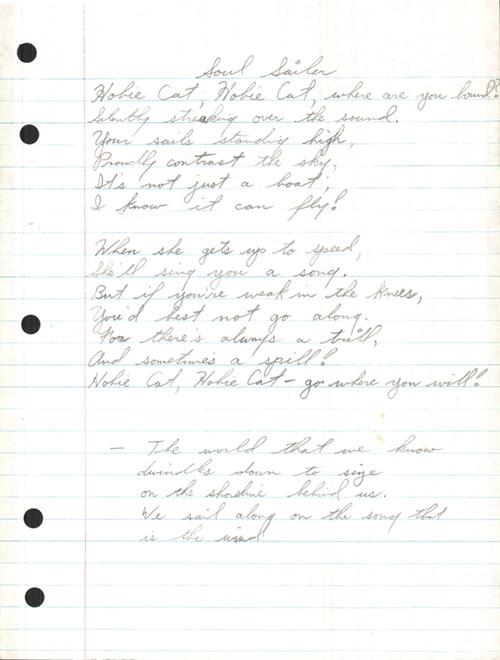On Castbox.fm — John Hedge Hall | Teaching Beginners
What is the balance between explicit instruction and fostering natural play in effective teaching methods?
Examining the contrasts between structured education and natural play in learning.
The takeaway I want to give to people and the question I want them to ask themselves is, which parts of my class are actually effective? And which parts of my class am I doing out of habit?
~ John ‘Hedge’ Hall (6:50)
The conversation centers on teaching methods, particularly in the context of Parkour coaching. Two critiques of education are explored: a Neo-Marxist view, which critiques traditional teaching as overly authoritative and facts-based, and a libertarian perspective emphasizing the importance of natural play and minimizing intervention. These frameworks guide a discussion about creating self-aware, critical thinkers while respecting the natural role of play in learning.
The surprising discovery is that explicit instruction, often seen as unappealing or overly rigid, is highly effective for establishing foundational understanding. This enables learners to engage in problem-solving and develop complex skills more effectively. The dialogue also addresses how nervousness in new students impacts learning and the importance of clear, actionable cues during instruction.
Takeaways
Explicit instruction — Foundational teaching through clear and structured guidance significantly enhances student learning outcomes.
Natural play — Recognizing play as a natural and critical form of education, especially for children, and balancing it with structured instruction.
First-class experiences — Highlighting the importance of designing initial learning experiences to build confidence and engagement.
Critical awareness — Fostering self-critical thinking and the ability to question systems as key educational goals.
Rote learning — Revisiting rote learning as a misunderstood but powerful tool for building essential skills.
Habitual teaching — Questioning and assessing habitual teaching practices to ensure their effectiveness.
Intervention limits — Exploring when and how much intervention is beneficial in the learning process.
Resources
Access Parkour — A Parkour coaching organization focused on accessible training programs.
Art of Retreat
(Written with help from Chat-GPT.)
ɕ
